#government
Investigation Faults Ford Battery Supply Over National Security Issues
Following fears that Ford’s electric vehicle supply chain may represent a national security issue, concerned legislators are doubling down by outlining the path battery components are required to take in order to get here. On Monday, Rep. Mike Gallagher (R-WI) and Cathy McMorris Rodgers (R-WA) accused the automaker of having plans that required contracting technology and software firms with close ties to both the Chinese and North Korean governments.
BMW Accused of Emissions Cheating, Does Anyone Really Care?
Regulators in Germany have opened an investigation into alleged diesel exhaust rule circumvention on the part of BMW. Claims have been made that the automaker used an illegal defeat device on select models to achieve lower tailpipe emissions during testing. It’s a situation reminiscent of the Volkswagen Dieselgate scandal from 2015. However, government regulators have been on the offensive ever since — roping in loads of manufacturers and leaving a subset of the public wondering whether modern emission laws are even tenable.
Opinion: Stop Subsidizing Electric Vehicle Programs
Hoping to increase the United States’ electric vehicle charging infrastructure, the White House has announced $623 million in grants to build more charging stations. This plays into the Biden administration's goal of having 500,000 public chargers in the U.S., and see 50 percent of all new vehicle sales become electric, by 2030. However, the federal government has already poured billions into the cause and it’s looking like an incredible waste of money during a period where citizens are growing increasingly concerned about the economy.
Cummins Agrees to Pay $1.6 Billion in U.S. Emissions Fines
The United States Department of Justice has accused Cummins of installing emissions defeating devices on diesel motors and decided to fine the company $1.67 billion for violating the Clean Air Act. Cummins has agreed to pay the fine in principle, which Attorney General Merrick Garland said would resolve any allegations that the "company unlawfully altered hundreds of thousands of engines” to circumvent emissions regulations.
Abandoned History: Oldsmobile's Guidestar Navigation System and Other Cartography (Part VI)
Sacrificing much, GM spent billions and billions of 1980s dollars on technology and engineering entities at the behest of CEO Roger Smith, who wanted to transform The General into a company more resembling a conglomerate like GE. Half a decade later Smith was gone, and the remaining brass began to unwind the costly EDS and Hughes deals and return GM to its standard operating procedure. But behind the layers of finance and paperwork, Guidestar GPS was developed. And the first time the public got to see it was in 1994 in a very exciting debut.
Abandoned History: Oldsmobile's Guidestar Navigation System and Other Cartography (Part V)
As we learned in our last installment in this series, the lowering of the digital and governmental barrier between civilian and military GPS assets in 1996 was a boon to the consumer side of navigation, and (per our comments) land surveying as well. It was a timely turn of events for General Motors after the Orlando area TravTek experiment of 1992 proved either too costly to scale, or alternatively not valuable enough in the eyes of consumers. Before we get to GuideStar, we need to cover much context around why GM was so keen on high-tech things in the Nineties, and the massive amounts of money it spent in its pursuit.
Tesla Recalling Two Million Vehicles Over Autopilot Not Being Sufficiently Annoying
Tesla is recalling over 2 million vehicles in the United States that have been equipped with its Autopilot advanced driver-assistance system. Efforts come after years of media attention and federal safety regulators suggesting that the system posed safety concerns. The automaker is reportedly issuing an over-the-air update that will add new safeguards against distracted driving.
The National Highway Traffic Safety Administration (NHTSA) has been formally investigating the EV manufacturer for the last two years and believes Autopilot poses enough of a safety risk in its current format to push for the recall. That makes this the largest example in the company’s history, encompassing just about every Tesla model ever produced.
Report: Rural California Doesn't Want Electric Buses
California Governor Gavin Newsom has frequently mentioned his desire to see the region pivot to all-electric buses as quickly as possible. The Golden State already has a couple thousand on hand and leadership has issued a mandate that all newly purchased school buses need to be zero-emission vehicles by 2035. However, the plan hasn’t gone over well with rural communities and some are starting to make a lot of noise.
Driving Dystopia: New York City Pushes Through Congestion Pricing Scheme
On Thursday, New York City officials announced a plan that would require drivers to pay $15 (on average) to enter Manhattan. The scheme is similar to the “congestion charging” that takes place in some of Europe’s largest cities and would make New York the first American locale to enact the concept. Though this isn’t the first time we’ve seen something like this being floated for Manhattan.
Report: Chinese Export Rule Changes Could Impact EV Battery Production
China has reportedly decided to place restrictions on exports of graphite, which could spell trouble for American EV manufacturers. Starting this month, the Chinese government requires permits for certain graphite products being exported. This includes synthetic and natural graphite meeting the necessary thresholds to be used on electric vehicle batteries.
Report: Auto Dealers Ask Biden Admin to Slow Down EV Mandates
Roughly 4,000 U.S. dealerships are asking President Joe Biden to reconsider proposed federal regulations they’ve alleged would mandate an unrealistic national shift toward battery-electric vehicles consumers simply aren’t buying.
Abandoned History: Oldsmobile's Guidestar Navigation System and Other Cartography (Part IV)
General Motors spent a lot of time and money in the development of TravTek GPS. As we learned in our last installment, the comprehensive (if clunky) navigation system used a touchscreen, had live traffic information, and could even make phone calls. Installed in 100 Toronados used in the greater Orlando area for an entire year, GM, AAA, and various government parties were eager to see just how useful the system was and if it was worthwhile. Narrator: It wasn’t. Let’s find out why.
Abandoned History: Oldsmobile's Guidestar Navigation System and Other Cartography (Part III)
We return to our spicy Oldsmobile content this week, with the introduction of GM’s first publicly tested in-car navigation system, TravTek. Arriving in the early Nineties, TravTek was launched more than two decades after GM’s magnet-based DAIR prototype failed to make production. This time The General was determined to make good on their big investment. Onward, to Orlando!
Maine Approves Right-to-Repair Rules, Auto Lobby Annoyed
The State of Maine has voted "yes" to Question 4, which mimics the right-to-repair legislation that passed in Massachusetts three years earlier. This makes Maine the sixth state in the U.S. to approve such a measure and requires automakers to standardize modern vehicle onboard diagnostic systems and make them available to both customers and any independent repair shops they’d like to use.
While the decision represents another important victory for the right-to-repair movement, the world’s largest automotive lobby predictably bemoaned the situation.
Editorial: Why Are People Worried About Automotive 'Kill Switch' Mandates?
This year has seen a surge of panicked reports discussing how the U.S. government has mandated vehicle hardware that would allow authorities to wrestle control away from the driver. Usually referenced as a “kill switch,” the device is supposed to be required on every new automobile manufactured after 2025.
The claim hangs responsibility on the extremely broad Infrastructure Investment and Jobs Act that was passed in November of 2021. But the pertinent legislation actually focuses on combating impaired motorists by mandating “advanced drunk and impaired driving prevention technology” as standard equipment. Though it doesn’t get all that specific in terms of what that entails and gives an incredible amount of leeway to federal regulators.



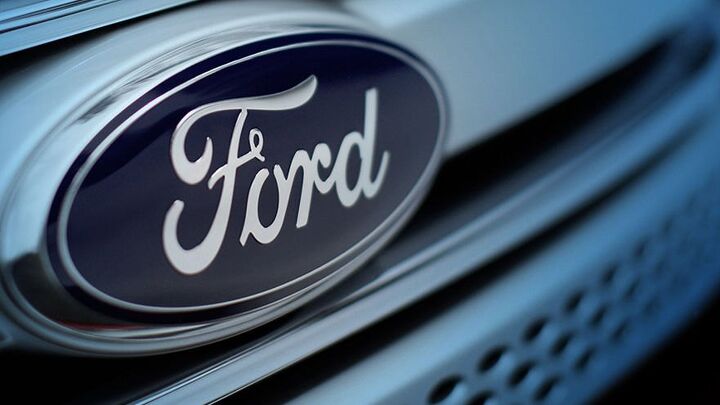
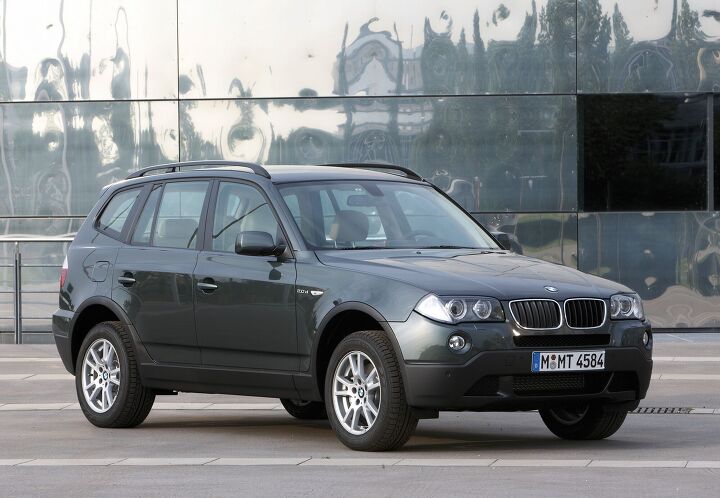
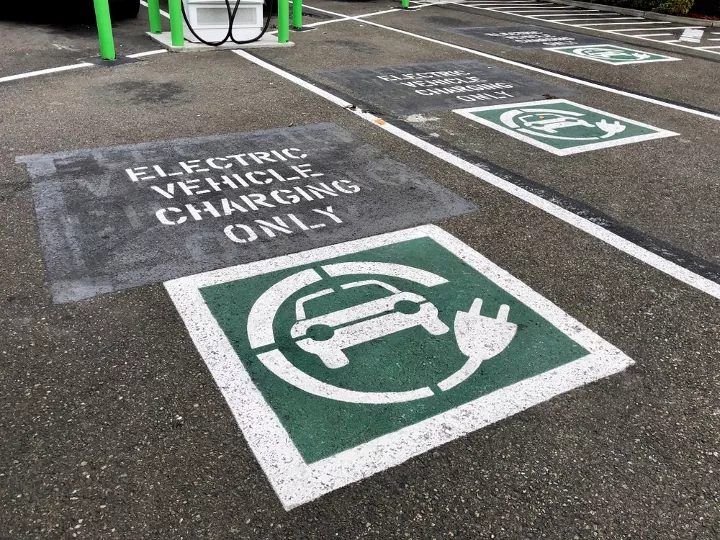
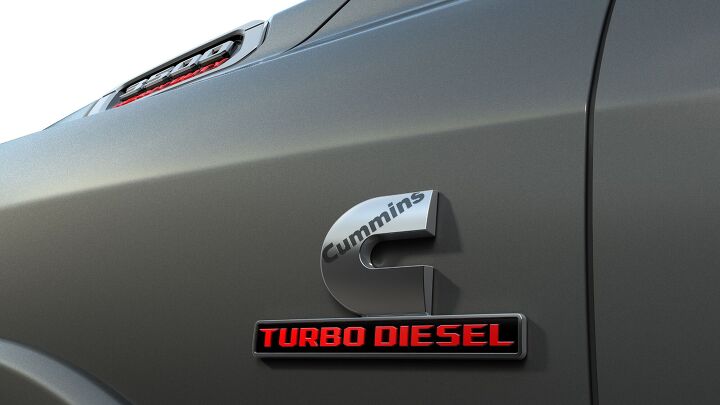
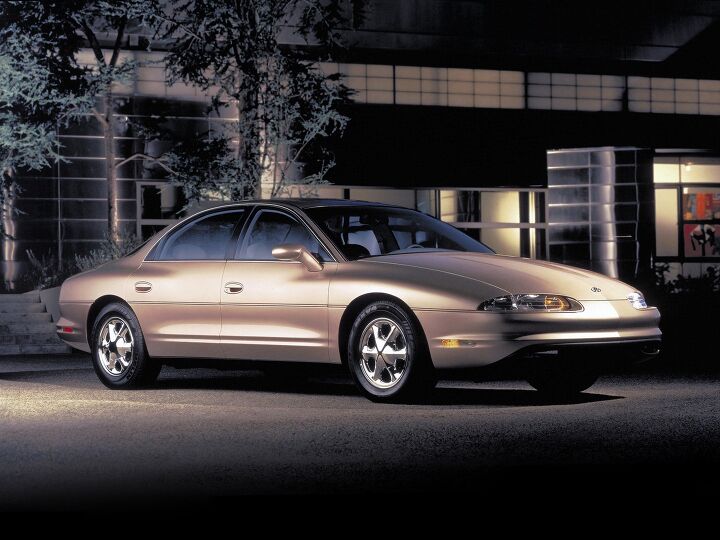


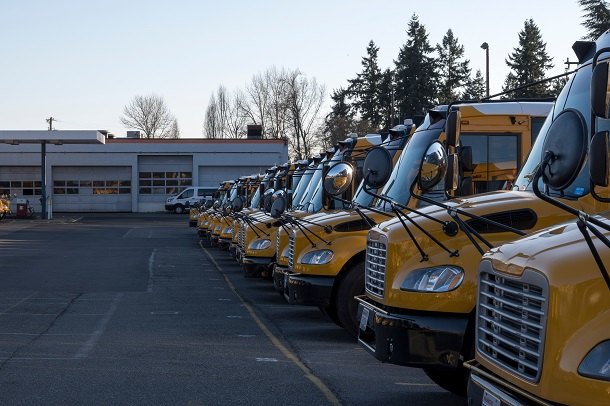
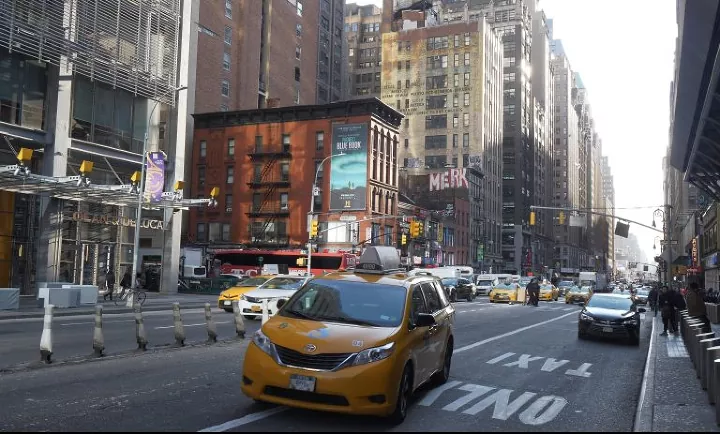
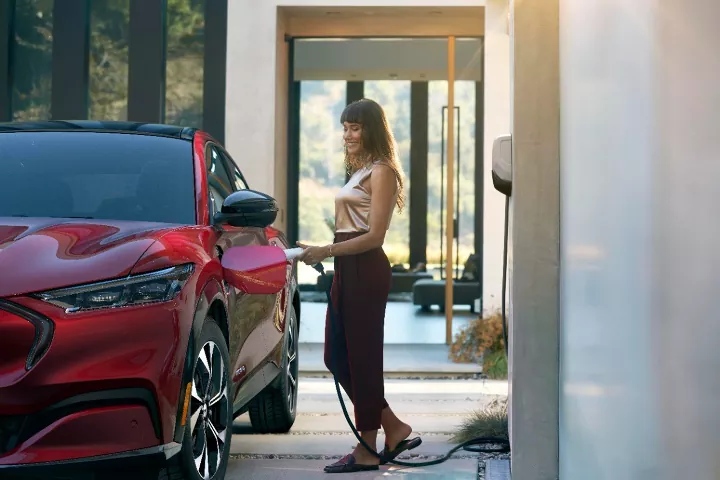
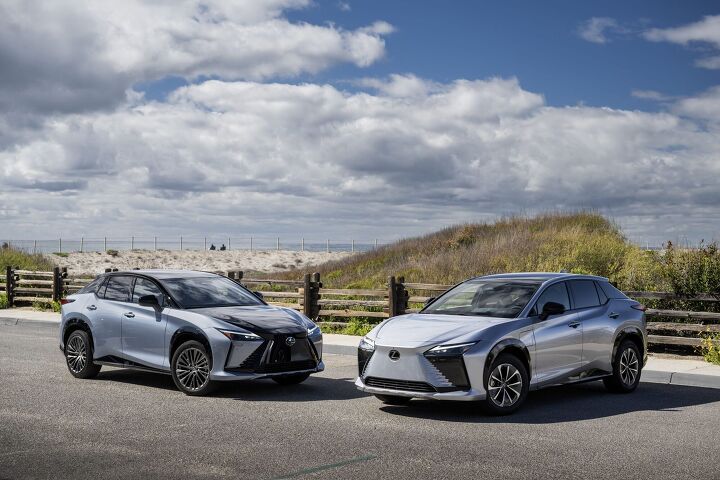
















Recent Comments